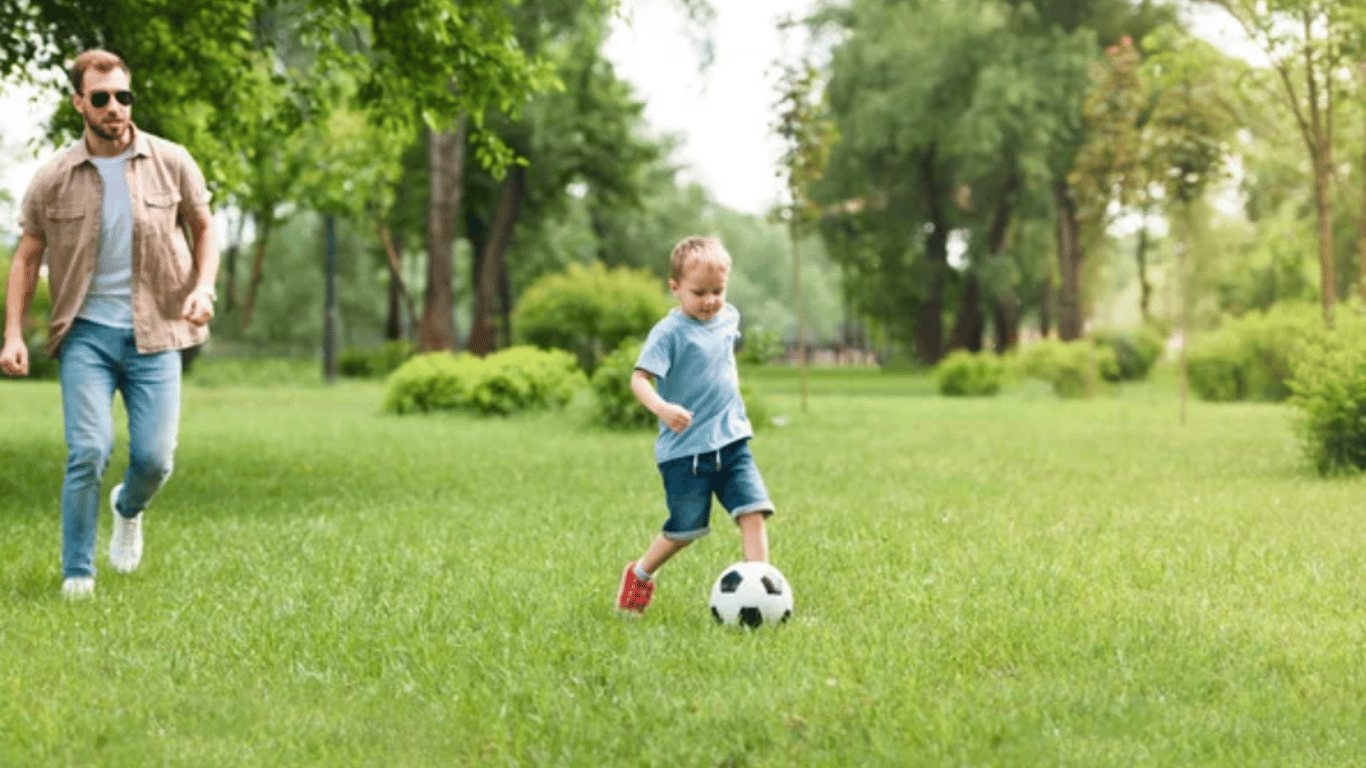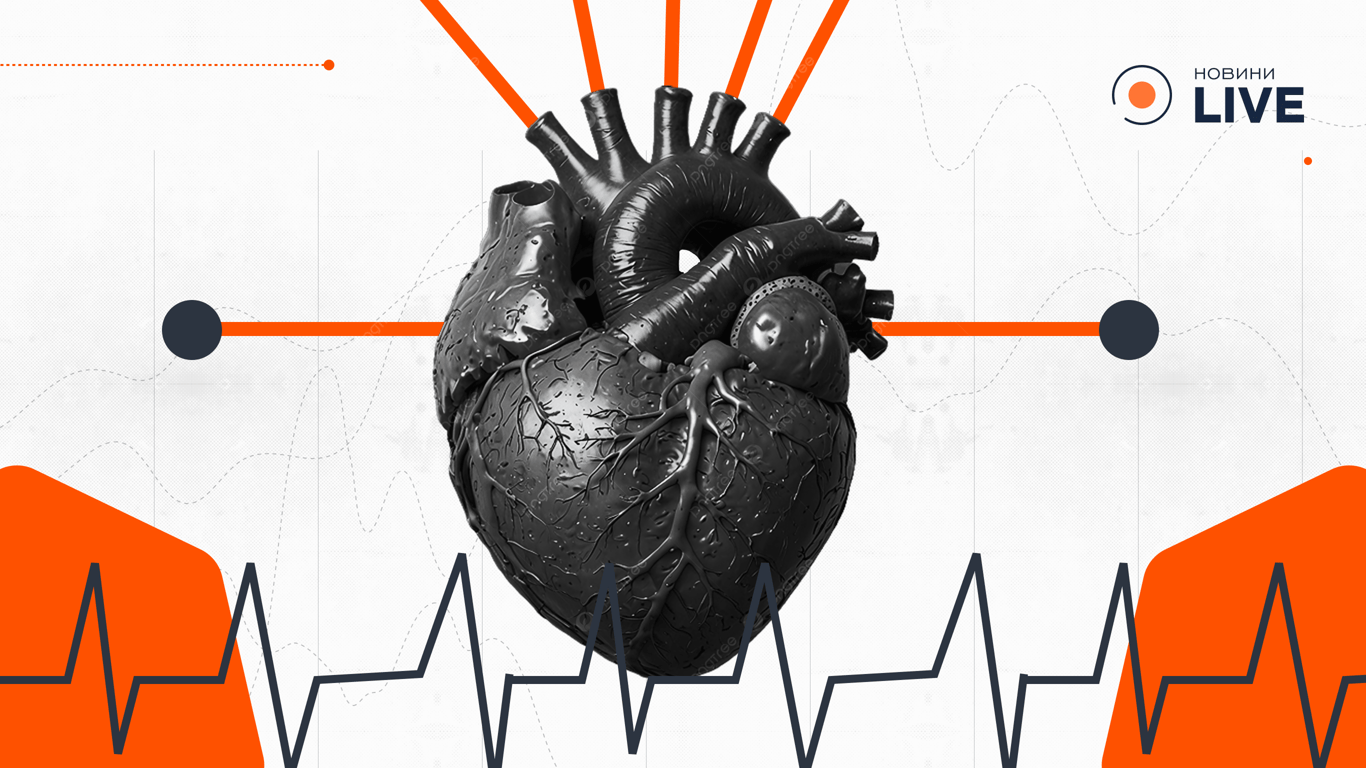Tick Bites - How to Act Properly and Avoid Complications.


In the peak of summer, the likelihood of tick bites increases, which can carry dangerous infections.
Dr. Larysa Moroz, an infectious disease physician, explained this during a broadcast on 'Kyiv24'.
How to Act in Case of Tick Bites
According to her, if a tick is detected and removed within 48–72 hours, prevention measures can suffice. Under medical supervision, it is enough to take two tablets of the appropriate medication once. In most cases, this is enough to prevent the disease from developing.
However, if the tick has remained on the body longer or has already fed on blood, the situation complicates. Especially if redness appears at the site of the bite. In such cases, it is necessary to start full treatment. At the early stage of the infection, the treatment course lasts 10 days. Timely therapy allows preventing the disease from transitioning to a chronic form, which is much more difficult to treat.
The doctor reminded that tick bites should not be ignored. At the first symptoms, seek medical attention. It is worth noting that an increase in tick activity is recorded in the Odesa region. Experts warn: these parasites can be carriers of dangerous infections that pose a serious threat to human life and health.
Previously, Novyny.LIVE reported how to recognize various insect bites. They often manifest as raised formations on the skin, sometimes with a dark spot in the middle.
In the summer season, the risk of tick bites increases, which can be dangerous and carry infections. The doctor advises to promptly detect and remove ticks, monitor for signs of infection, and consult a doctor at the first symptoms to avoid serious complications.
Read also
- Toxic items that can be found in almost every home - it's worth getting rid of them
- How to Survive an Abnormal Heatwave - Medical Advice
- Even after vacation — why most people are constantly tired
- How to Get Rid of Gray Hair at Any Age - Simple Solutions
- The myth of healthy obesity — what tests hide
- The Genes of Youth - How Habits Affect Biological Age









